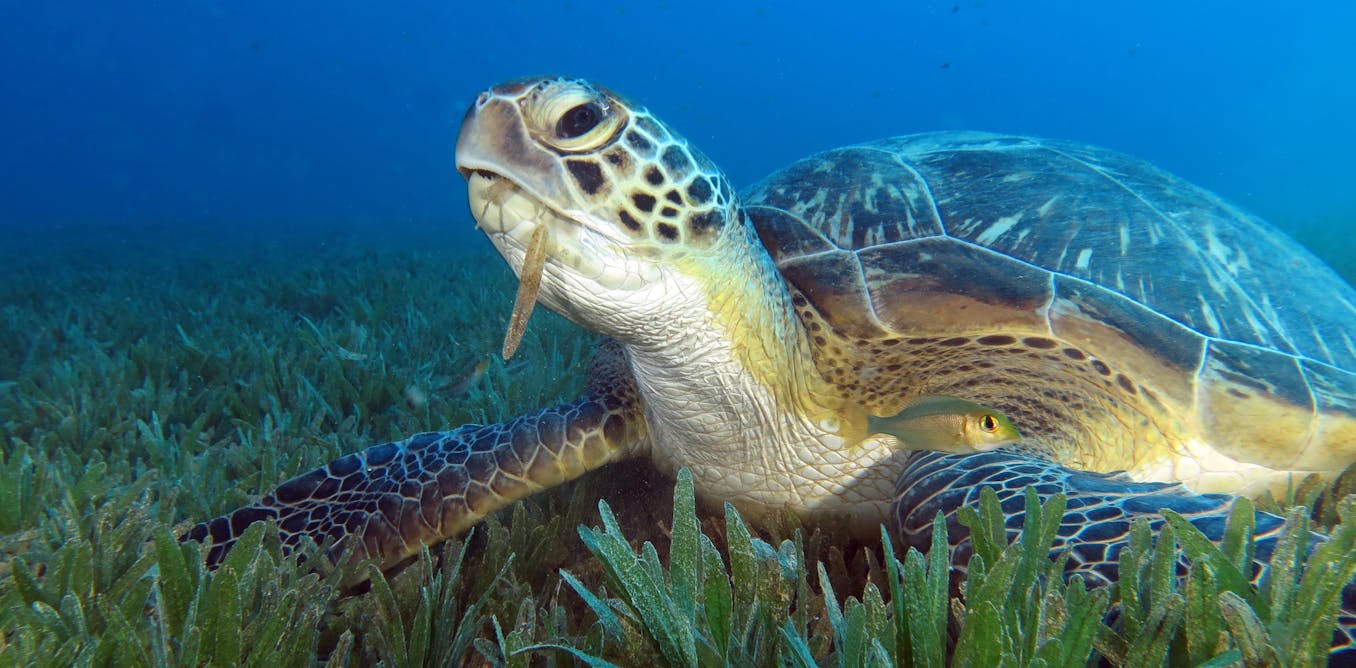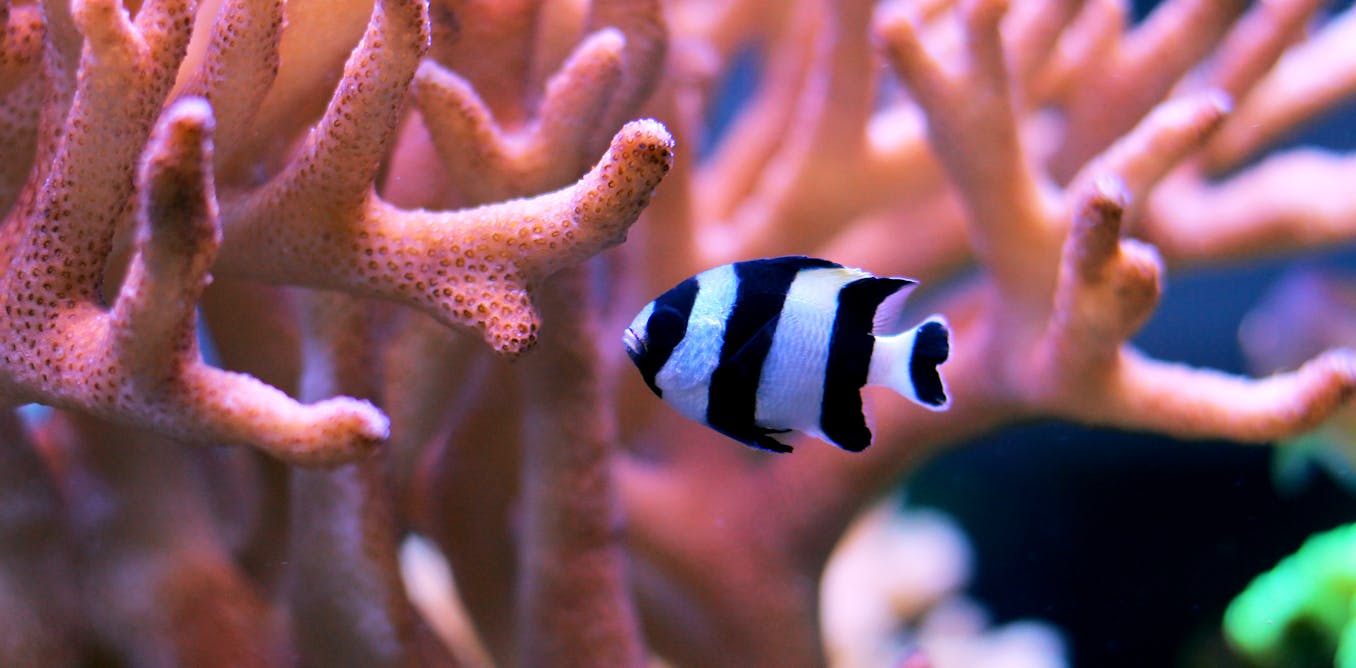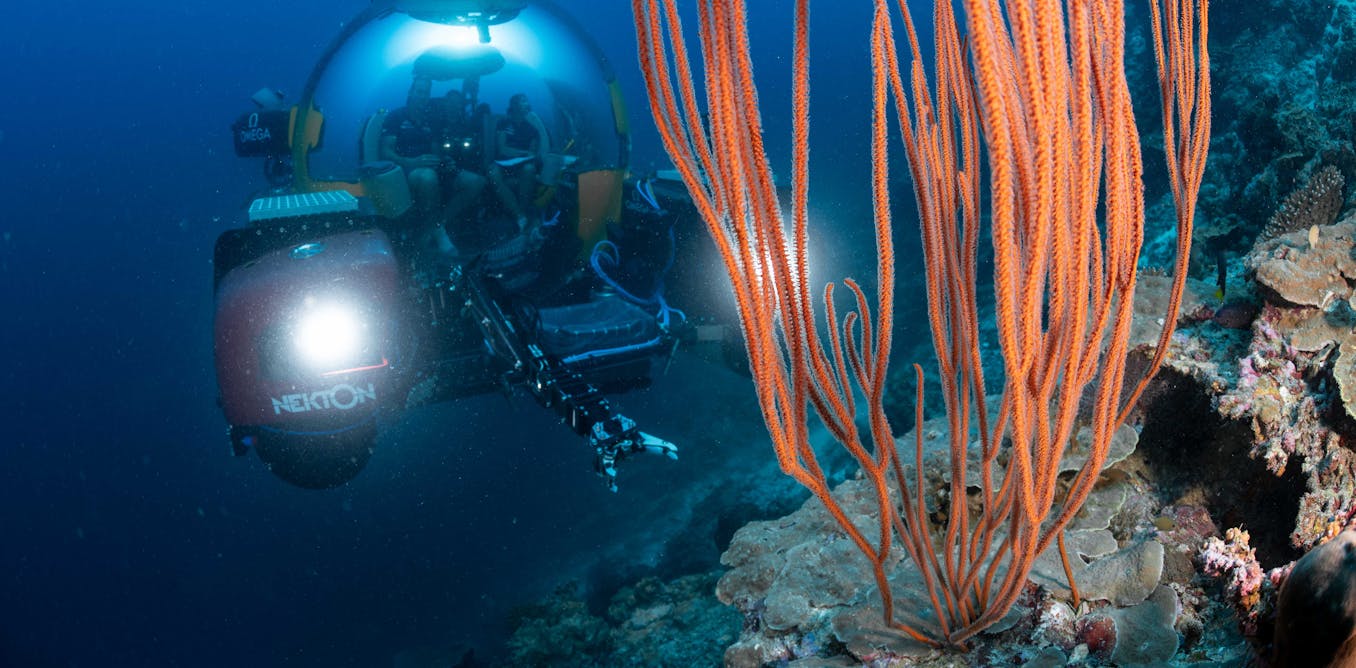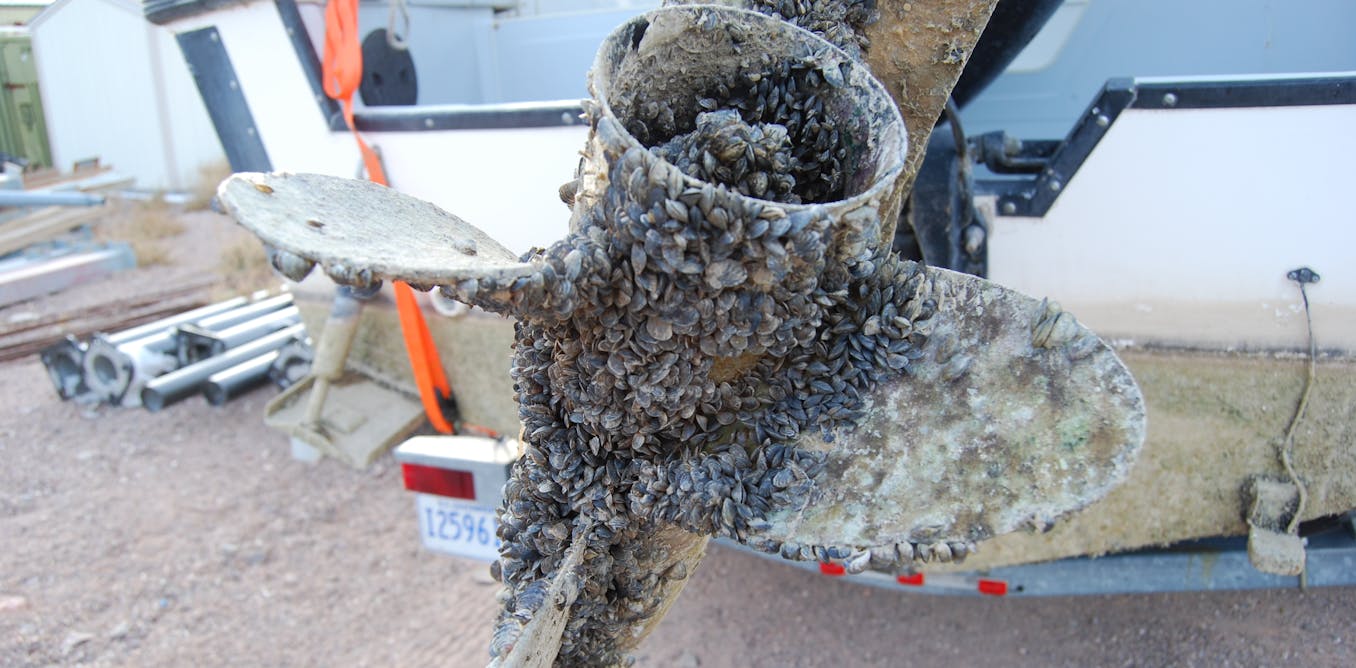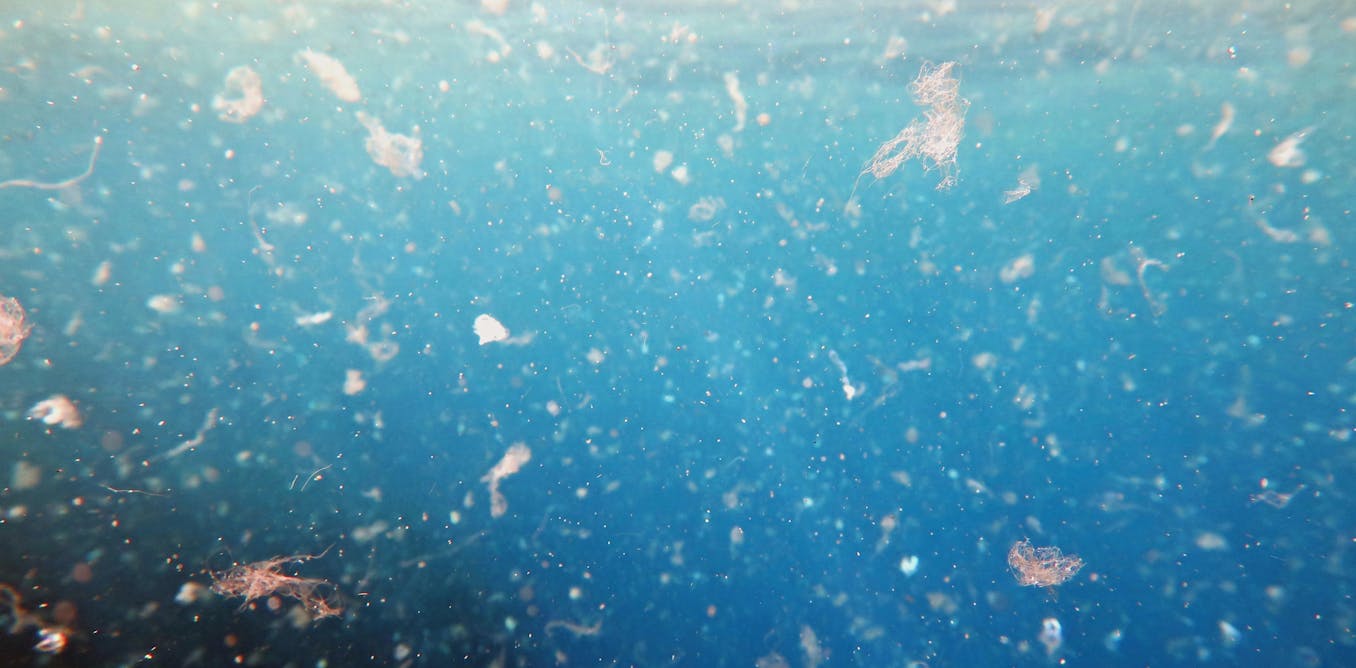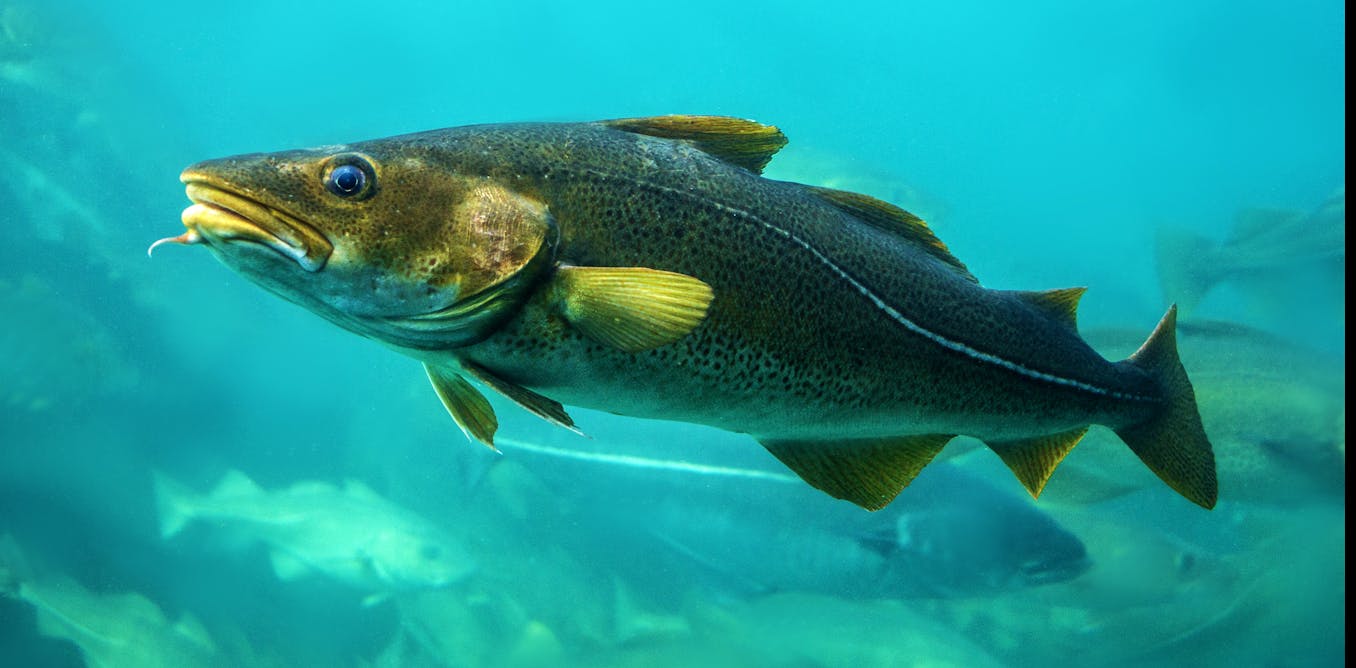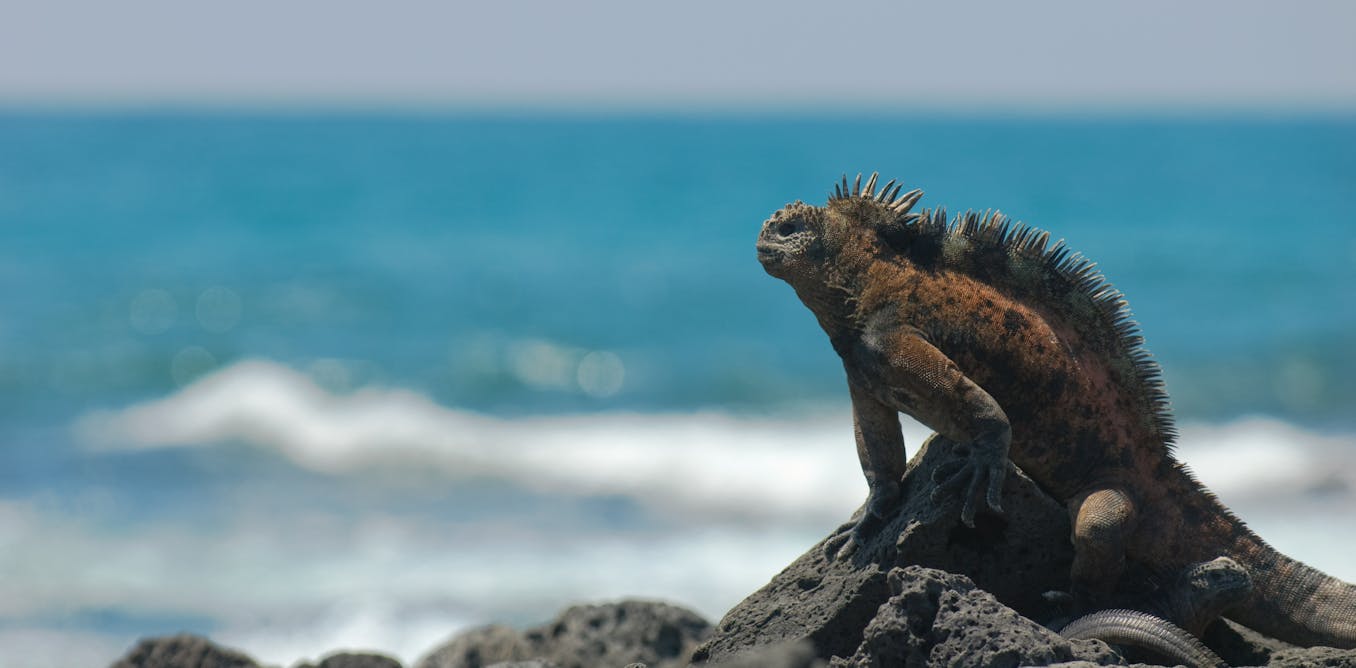Deep sea reefs are spectacular and barely-explored – they must be conserved
Considered too deep for most reef biologists, and too shallow for deep-sea researchers, most deep reefs are unprotected.
Jan. 25, 2023 • ~7 min
Urban light pollution is a danger for marine ecosystems – new research
Artificial lighting from cities illuminates coastal waters and can change the physiology and behaviour of marine organisms.
Jan. 5, 2023 • ~7 min
The westward spread of zebra and quagga mussels shows how tiny invaders can cause big problems
Zebra and quagga mussels entered the Great Lakes in large ships’ ballast water. Now, local boaters and anglers are spreading them into the southern and western US.
July 19, 2022 • ~10 min
Disease-causing parasites can hitch a ride on plastics and potentially spread through the sea, new research suggests
Normally land-bound pathogens that cause deadly diseases for both humans and animals can cling to microplastics and end up in your seafood.
April 26, 2022 • ~7 min
Water being pumped into Tampa Bay could cause a massive algae bloom, putting fragile manatee and fish habitats at risk
Harmful algae blooms are an increasing problem in Florida. Once nutrients are in the water to fuel them, little can be done to stop the growth, and the results can be devastating for marine life.
April 8, 2021 • ~8 min
Galápagos: we've found out why the islands are blessed with such nutrient-rich waters
How Pacific winds interact with the sea to bring colder waters up from the depths.
Feb. 2, 2021 • ~6 min
/
2

